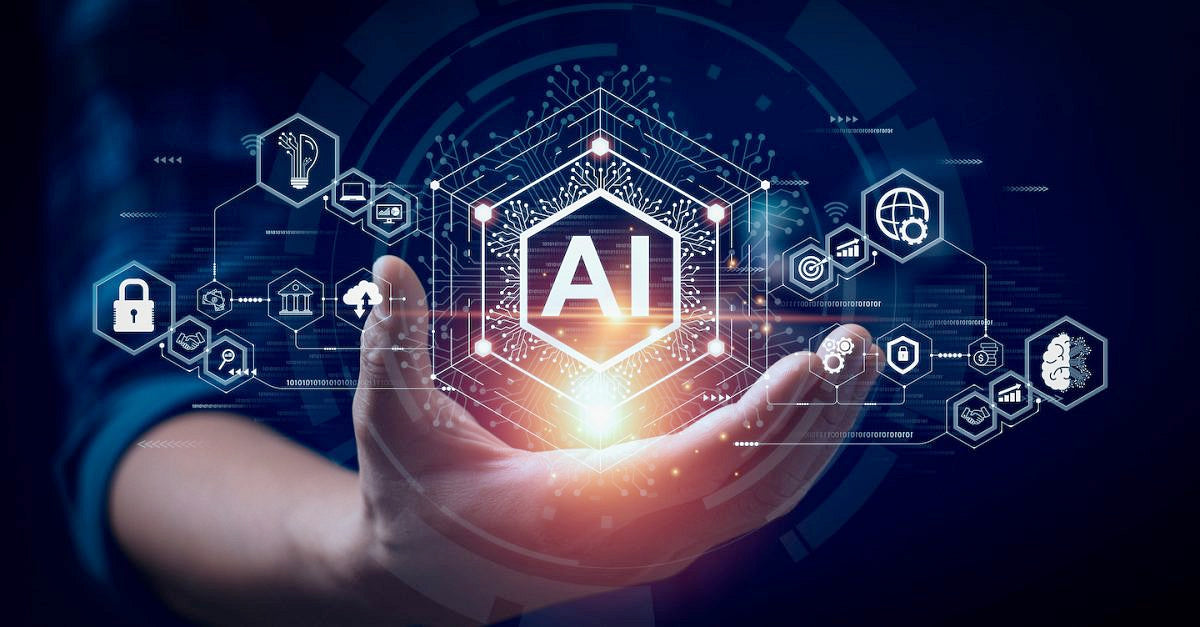The Evolution of Automation: Harnessing AI for Smarter Business Processes

The Rise of Intelligent Automation
Automation has been at the heart of business efficiency for a long period of time, making processes slick and less expensive. Traditional automation, with its rules carved in stone, often met resistance, hence limiting its potential. Now comes Artificial Intelligence, which is a game-changer in this regard, as it further blurs the line between simple, regular automation and intelligent, adaptive systems.
Bridging the Divide: From Rigid Rules to Intelligent Capabilities
Instead of replacing traditional automation, AI enhances it. Seamless integration of AI capabilities into their automation frameworks ensures for businesses this new height of efficiency, adaptability, and innovation. The integration of such creates a wonderful blend of human expertise and machine intelligence, creating an incredible synergy.
Redefining Automation: Moving Beyond Repetitive Duties
Traditional automation was great at handling very repetitive tasks, such as assembly line operations and data entry. However, when it came to complex dynamic environments, the chinks in its armor showed. On the other hand, AI comes into its own in tasks that require cognitive skills. For example:
- Data Analysis and Insights: AI algorithms can sift through massive datasets to spot patterns, predict trends, and reveal hidden insights that no human can detect.
- Decision Making: Through the use of real-time data, AI-driven systems will analyze and make informed decisions for optimization of processes for improved results.
- Personalized Experience: AI has the capacity to deliver experiences tailored to individual needs and preferences.
Humanizing Automation: Building Trust and Cooperation
One of the surprising benefits of AI-driven automation is its ability to make the experience more human-like. With NLP, AI systems can communicate and interact with humans in a much more natural and intuitive way. This fosters trust and cooperation, thus opening up automation to employees and customers alike in a more approachable and acceptable way.
Overcoming the Hurdles: Embracing the AI Revolution
The potential of AI-driven automation is huge but is equally surrounded by challenges in its wake.
- Cultural Shift: Every new technology welcome requires an active acceptance of the cultural shift that it brings to a company and helps employees develop new skills.
- Ethical Considerations: Proactive assurance towards ethical AI development and deployment must focus on concerns against bias, transparency, and responsibility raised with the use of AI.
- Data Quality and Security: Good-quality data lies at the core of good, reliable AI models. Therefore, data security and privacy should be ensured at all costs.
Automation's Future: Human-Machine Partnership
The future of automation is collaboration between humans and machines, whereby businesses can gain from the merits of both parties to achieve such levels of efficiency, innovation, and customer satisfaction that earlier seemed unimaginable.

























